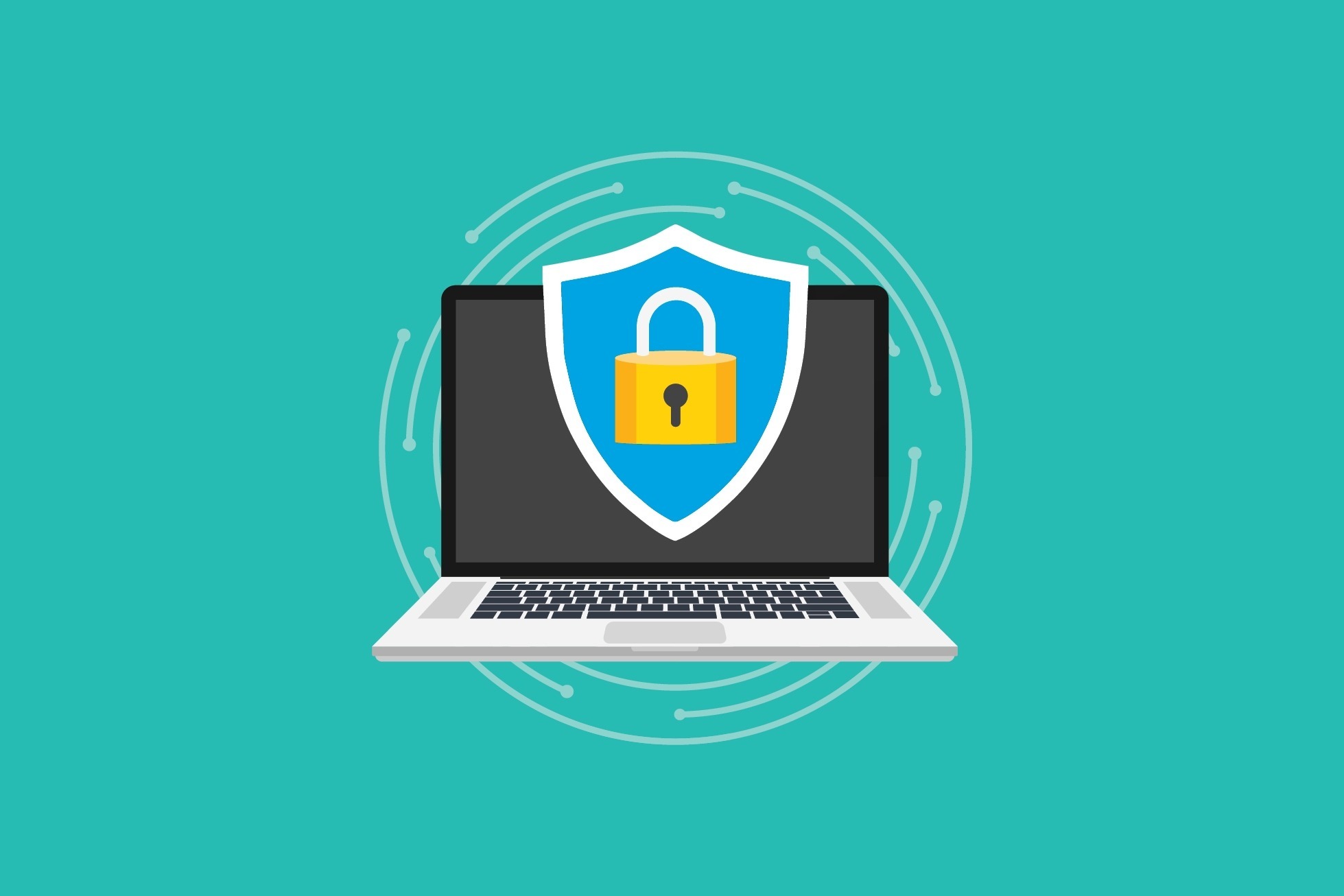From Addiction to Anonymity: How Users Seek Rehab and Recovery Help on Tor

|
The dark web isn’t just a marketplace for narcotics—it’s also where some users go to escape them. Beneath the same encrypted layers that host drug vendors and crypto-launderers, a parallel ecosystem quietly thrives: one focused on recovery.
For users who fear stigma, judgment, or legal exposure, Tor has become a surprising haven.
Anonymous forums, encrypted support groups, self-guided detox protocols, and even
underground harm-reduction collectives form a hidden scaffolding for people climbing out of
addiction.
Why Seek Recovery in the Dark?Traditional rehab isn’t always an option. It’s expensive, it’s not always anonymous, and for many, it’s out of reach. On Tor, help is peer-driven, free, and available 24/7. Key Motivators for Going Underground
For those trapped between dependency and desperation, anonymity isn’t just comfort—it’s safety. The Forums Where Recovery HappensWithin the dark web, several anonymous forums cater specifically to those battling addiction or trying to taper off drugs sourced from darknet markets. Common Recovery Hubs on Tor
Users often begin by posting under aliases like “TaperingTurtle” or “WithdrawnAnon,” sharing their dosage logs and asking for non-judgmental advice. DIY Detox: Peer-Led ProtocolsIn the absence of professional supervision, many users share and refine self-detox methods. These are not always safe—but they’re brutally honest and often the only guidance some have. Example: Opioid Taper Using Street Buprenorphine
Each protocol is annotated with real-world user notes: “I puked non-stop at 1mg—stay
longer at 1.5” or “Kratom saved my sleep on Day 4.”
Anonymous Therapy and Counseling—Yes, ReallySome dark web users go beyond forums and seek 1-on-1 help through encrypted communication platforms like Ricochet, Cwtch, or ProtonMail aliases. Services Found in the Shadows
These are not polished institutions. But for many, especially those burned by the medical system or hiding from probation officers, it’s the only path forward. Harm Reduction Over AbstinenceTraditional rehabs often frame recovery as total abstinence. But many users on Tor practice harm reduction—the belief that safer use and gradual change can be more realistic and humane. Tools Used in the Harm Reduction Underground
Harm reduction isn’t about glorifying use—it’s about surviving it. And in the dark web’s logic, surviving is its own kind of revolution. Success Stories and Tragic PostsAmong the detox diaries and survival strategies are stories of triumph: users who post farewell messages to the drug forums, thanking strangers for helping them reclaim their lives. Others update every week, marking milestones like “10 days clean,” “1 month without nodding,” or “First day waking up without a craving.” But the forums also carry ghost posts—threads that suddenly go silent. Friends wonder if the user relapsed, overdosed, or simply gave up. Hallmarks of Recovery Threads
These aren’t curated wellness stories. They’re raw, incomplete, and real. Law, Ethics, and the Fine LineAuthorities often ignore recovery spaces on the dark web, focusing their energy on dealers and vendors. Still, many users fear even discussing their detox paths could put them at legal risk—especially if they admit to possessing illegal substances, even if it’s part of their tapering effort. Ethical Dilemmas in Dark Recovery
These are questions without easy answers. But in the absence of formal support, people still try—because recovery, like addiction, doesn’t wait for legal reform. |
Making Torry Possible
Thanks to the privacy contributions from the following foundations. Torry is able to maintain a strong goal towards a private.

